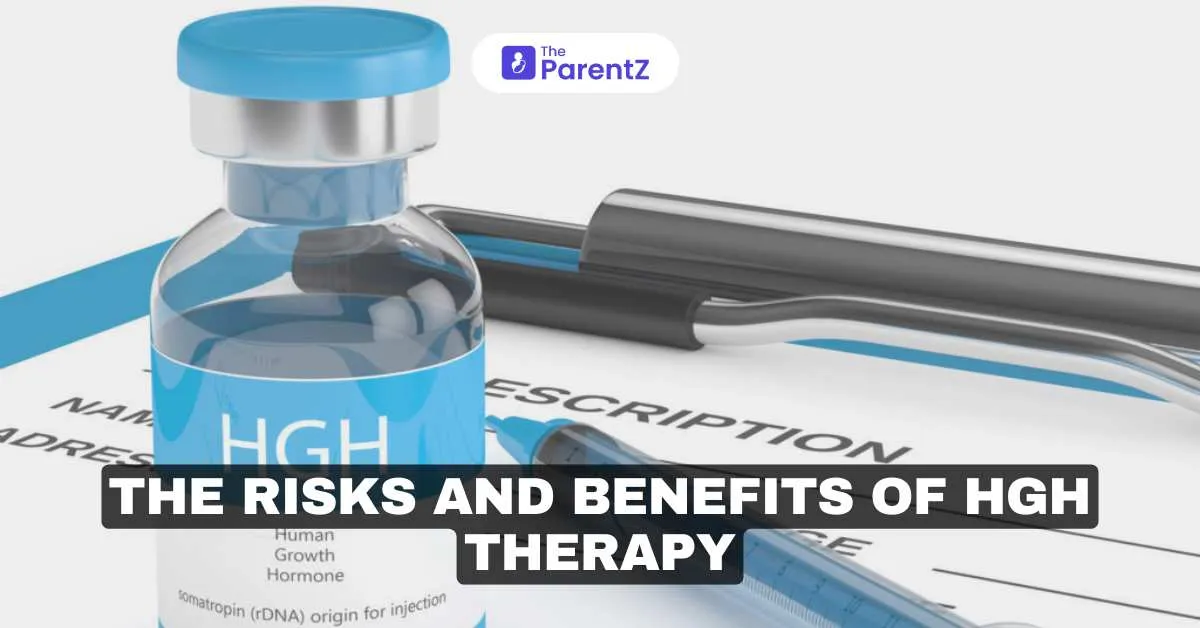Human Growth Hormone (HGH), also known as somatotropin, is a naturally occurring hormone secreted by the anterior pituitary gland. It plays a crucial role in growth, cell regeneration, and metabolism. HGH therapy involves the administration of synthetic HGH to treat specific medical conditions. This article explores the role, benefits, and safety considerations of HGH therapy.
What is HGH Therapy?
HGH therapy is the medical use of synthetic HGH to replace or supplement deficient levels of the hormone. It is typically administered via subcutaneous injection under strict medical supervision.
HGH is essential for normal growth and development during childhood and adolescence. It also plays a role in maintaining healthy tissues, bones, and metabolism throughout life.
Medical Uses of HGH Therapy
1. Pediatric Growth Disorders
HGH therapy is primarily used in children with growth hormone deficiency (GHD) or conditions like:
• Turner Syndrome
• Prader-Willi Syndrome
• Chronic kidney disease
• Idiopathic short stature
2. Adult Growth Hormone Deficiency
In adults, GHD can lead to:
• Decreased bone density
• Reduced muscle mass
• Increased fat accumulation
• Impaired quality of life
HGH therapy helps restore normal hormone levels, improving these conditions.
3. Treatment of Wasting Syndromes
HGH therapy is FDA-approved for treating muscle wasting in HIV/AIDS patients.
4. Other Conditions
Emerging research suggests potential benefits in managing burns, short bowel syndrome, and trauma recovery, although these uses remain off-label in many countries.
Benefits of HGH Therapy
1. Promotes Growth in Children:
HGH therapy stimulates linear growth in children with GHD or short stature due to underlying conditions.
2. Improves Bone Density:
In adults, HGH increases bone mineral density, reducing the risk of fractures.
3. Enhances Muscle Mass and Strength:
HGH promotes lean muscle development, particularly in those with hormone deficiencies.
4. Supports Fat Reduction:
HGH therapy enhances lipolysis, leading to reduced visceral and abdominal fat.
5. Boosts Metabolism:
By regulating glucose and lipid metabolism, HGH contributes to overall metabolic health.
6. Improves Energy Levels and Quality of Life:
Adults undergoing HGH therapy often report better energy, mood, and cognitive function.
7. Faster Recovery:
HGH aids in tissue repair and regeneration, making it beneficial for recovery from injuries or surgeries.
Safety and Risks of HGH Therapy
While HGH therapy offers several benefits, it is not without risks. Overuse or misuse can lead to complications, such as:
• Joint pain
• Fluid retention (edema)
• Carpal tunnel syndrome
• Increased insulin resistance
• Gynecomastia (enlarged breast tissue in men)
Contraindications
HGH therapy is not recommended for individuals with active malignancy, acute critical illness, or uncontrolled diabetes.
HGH Therapy and Aging
There is growing interest in using HGH as an anti-aging treatment. While some studies show improvements in muscle tone and skin elasticity, the long-term risks and benefits remain unclear. Experts caution against its use for anti-aging purposes without a clear medical indication.
Administration and Monitoring
Dosage
The dosage of HGH therapy varies depending on the individual’s age, weight, and underlying condition. A healthcare provider determines the appropriate regimen.
Monitoring
Patients undergoing HGH therapy require regular monitoring for:
• Hormone levels
• Glucose metabolism
• Lipid profiles
• Bone density
Regular follow-ups ensure efficacy and minimize adverse effects.
The Future of HGH Therapy
Advancements in HGH formulations, such as long-acting versions, are making therapy more convenient. Research continues to explore new indications, such as cardiac health, neuroprotection, and aging-related frailty.
References
• Wilson TA, Rose SR, Cohen P, et al. Update on growth hormone therapy. Pediatrics. 2019;144(4):e20193164.
• Rudman D, Feller AG, Nagraj HS, et al. Effects of human growth hormone in men over 60 years old. N Engl J Med. 1990;323(1):1-6.
• Molitch ME, Clemmons DR, Malozowski S, et al. Evaluation and treatment of adult growth hormone deficiency: An Endocrine Society clinical practice guideline. J Clin Endocrinol Metab. 2011;96(6):1587-1609.






